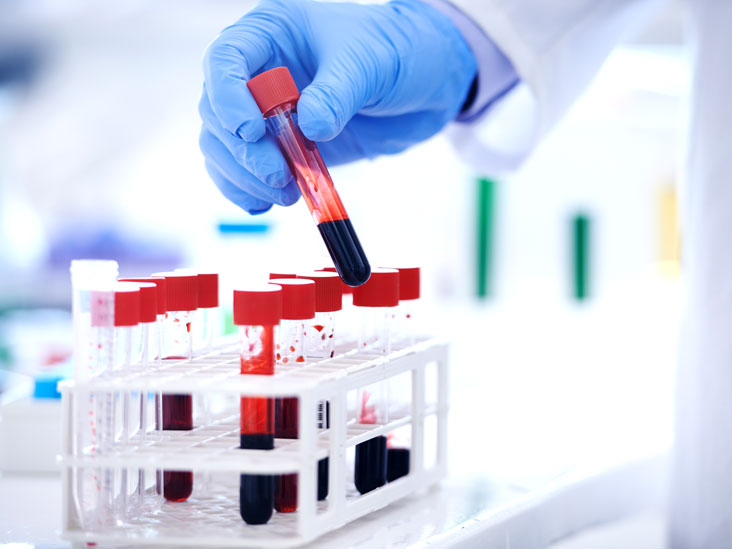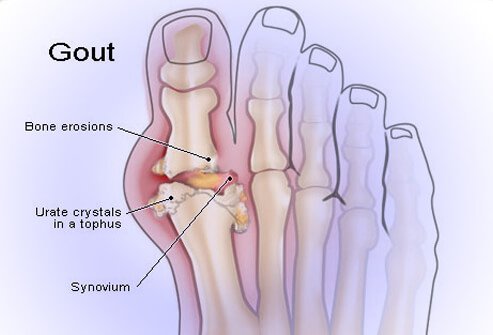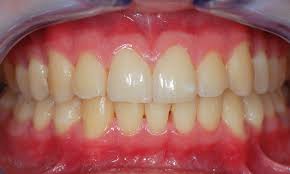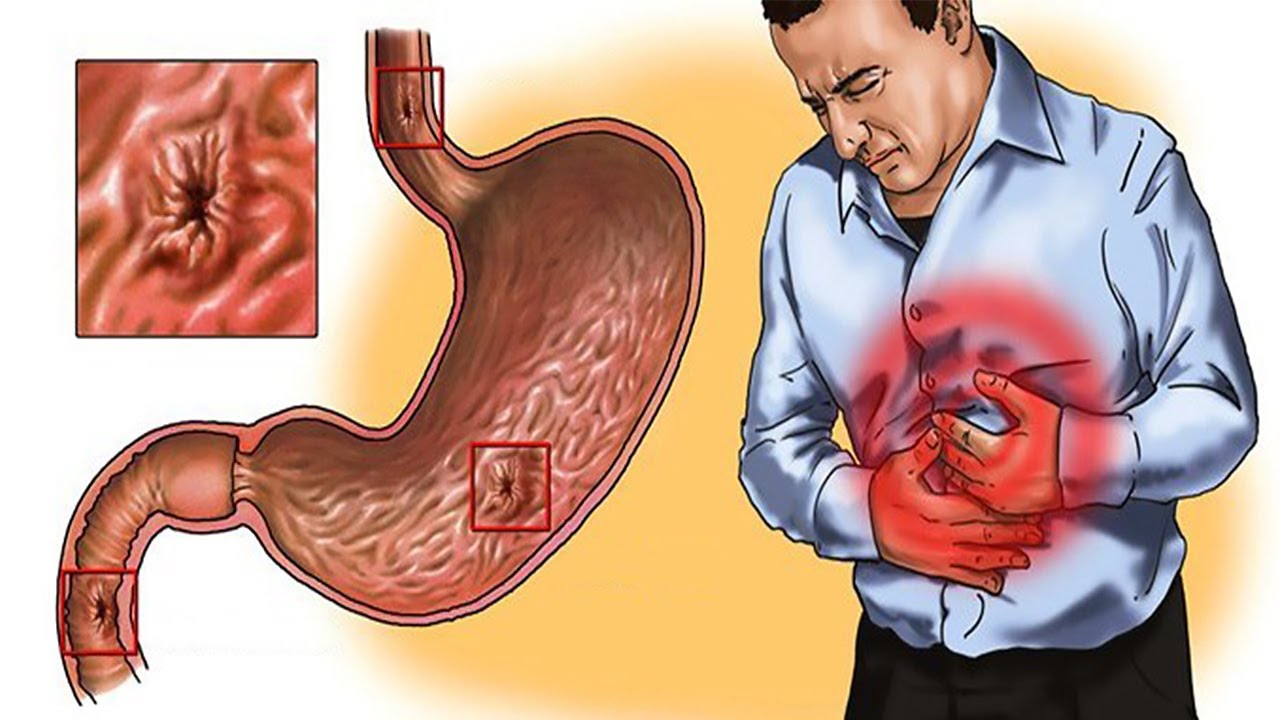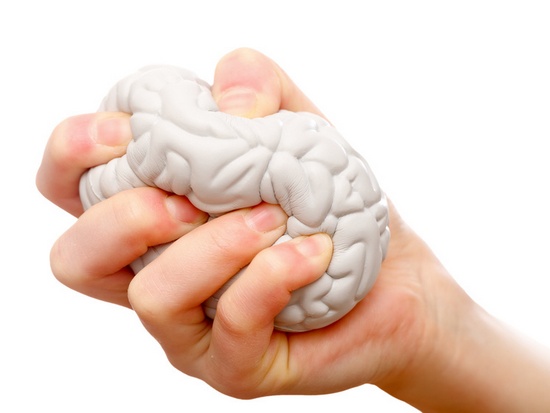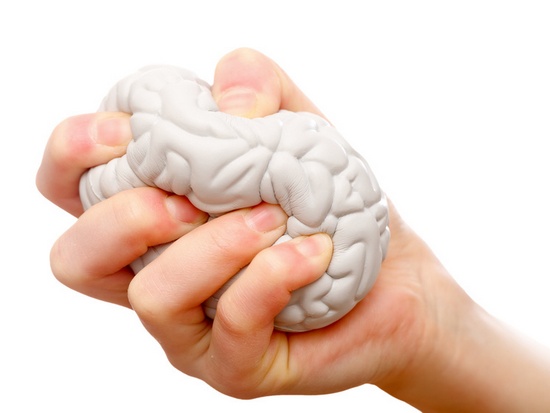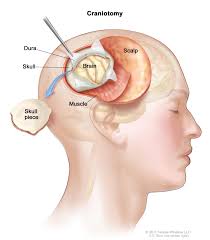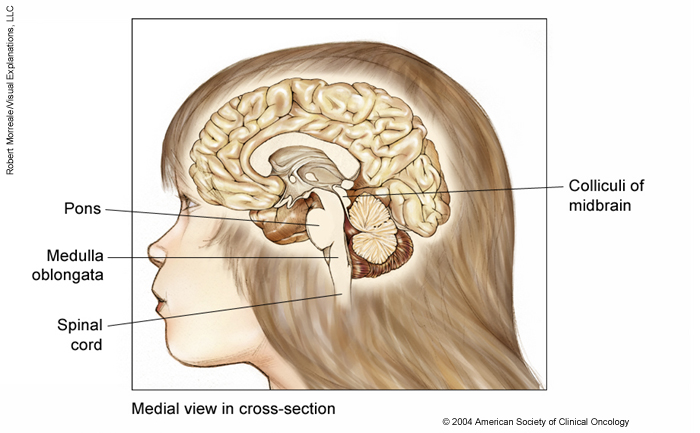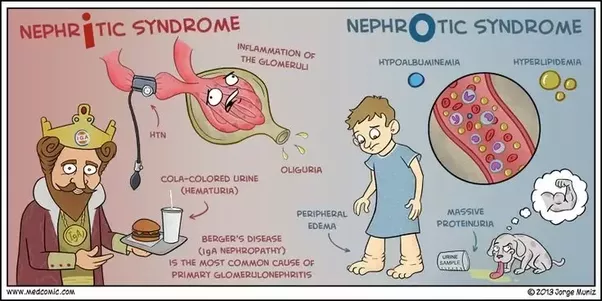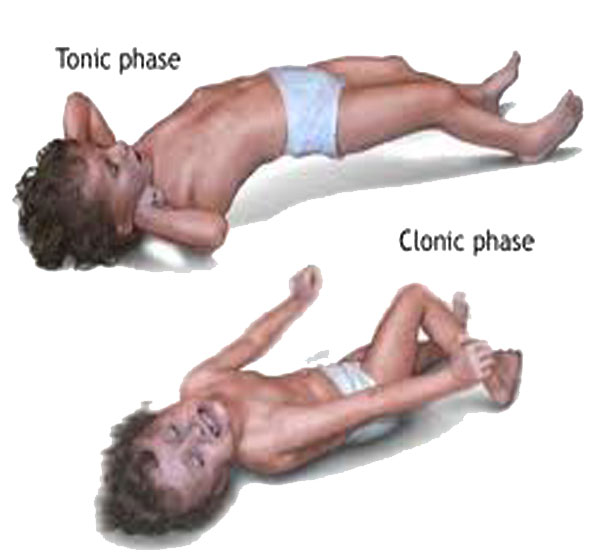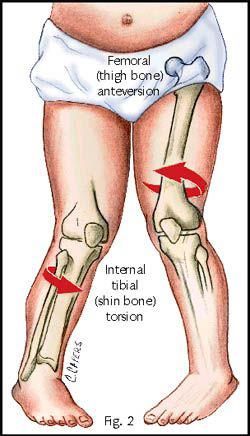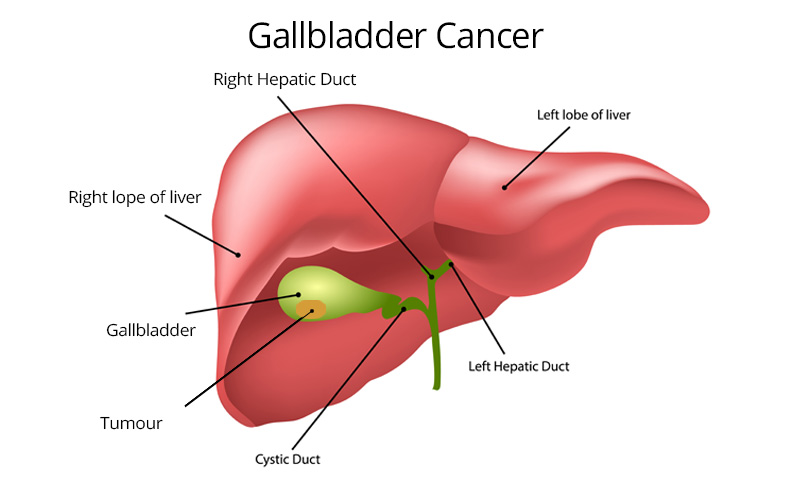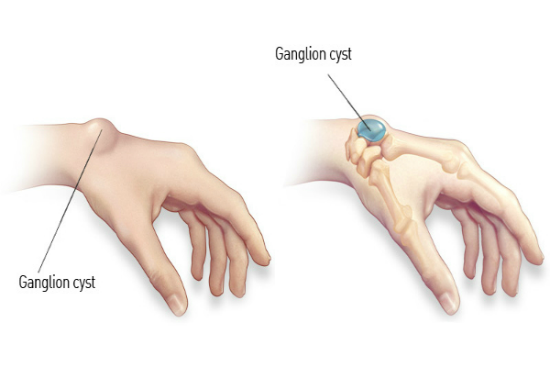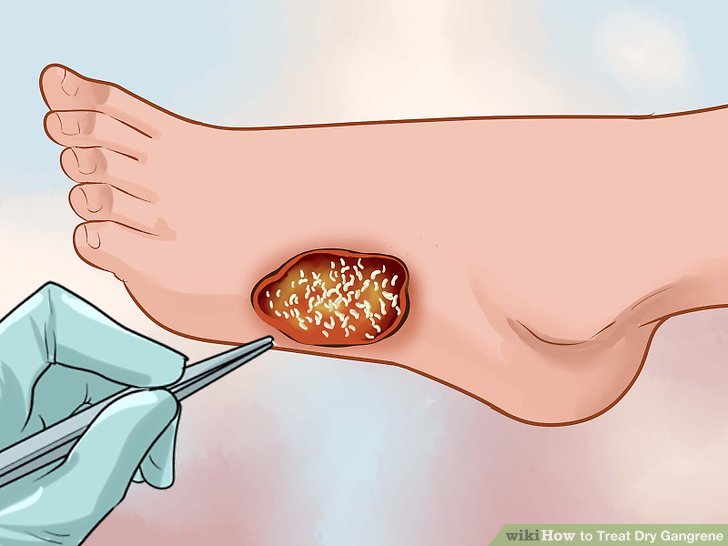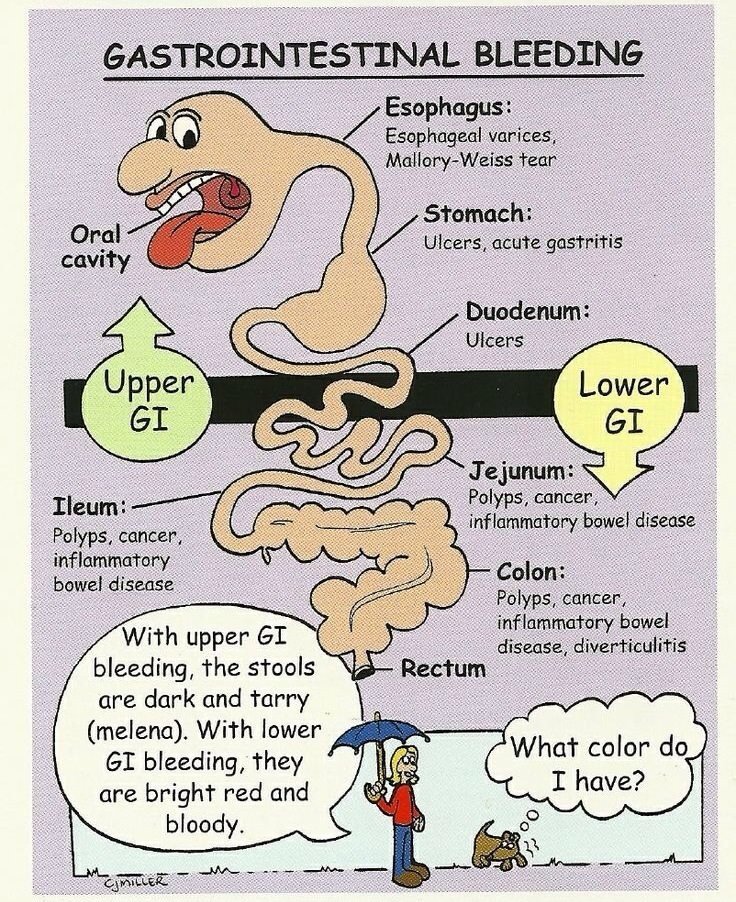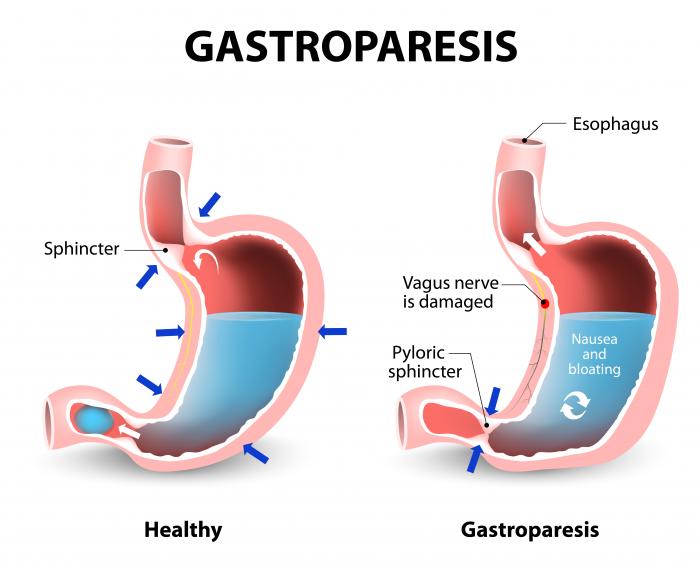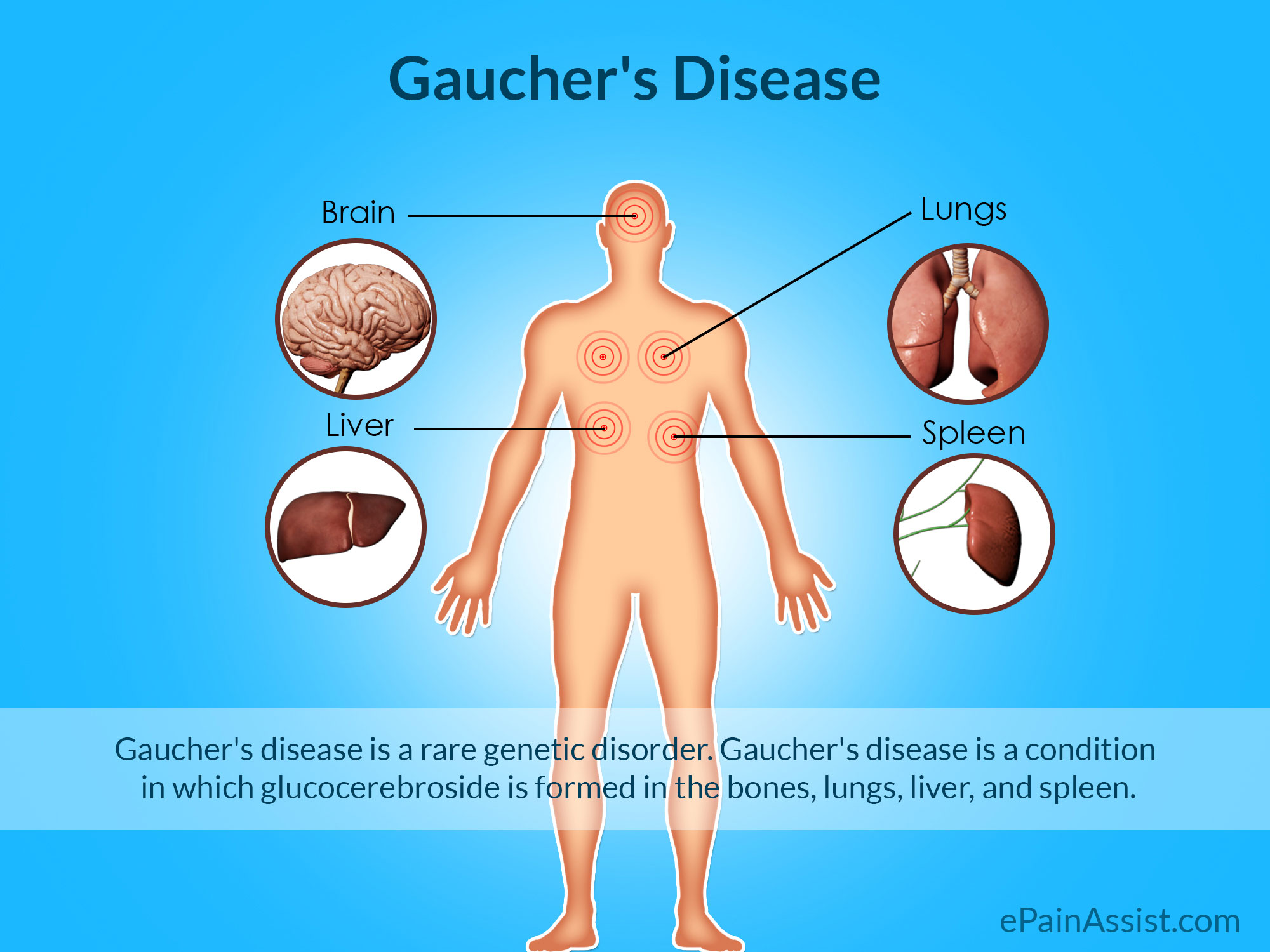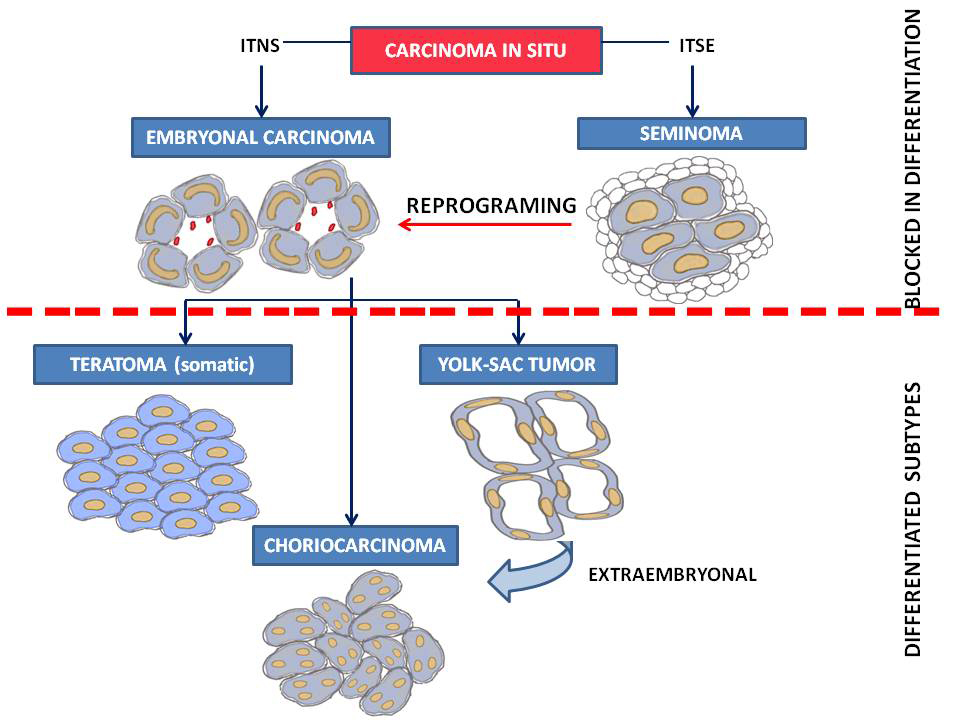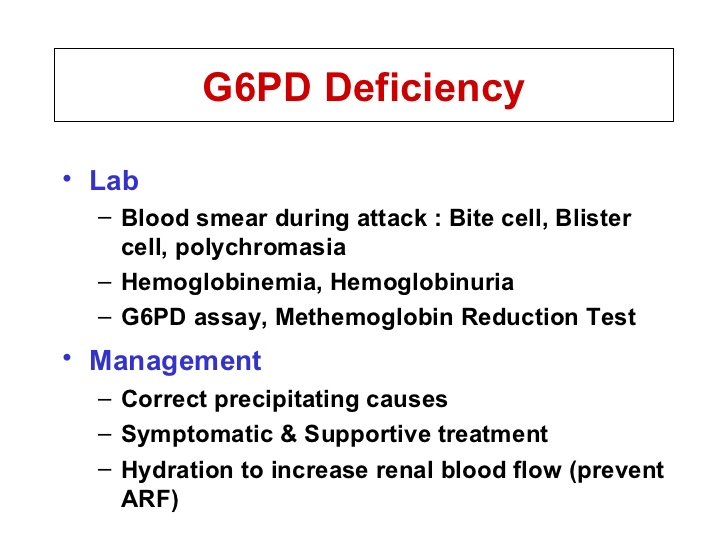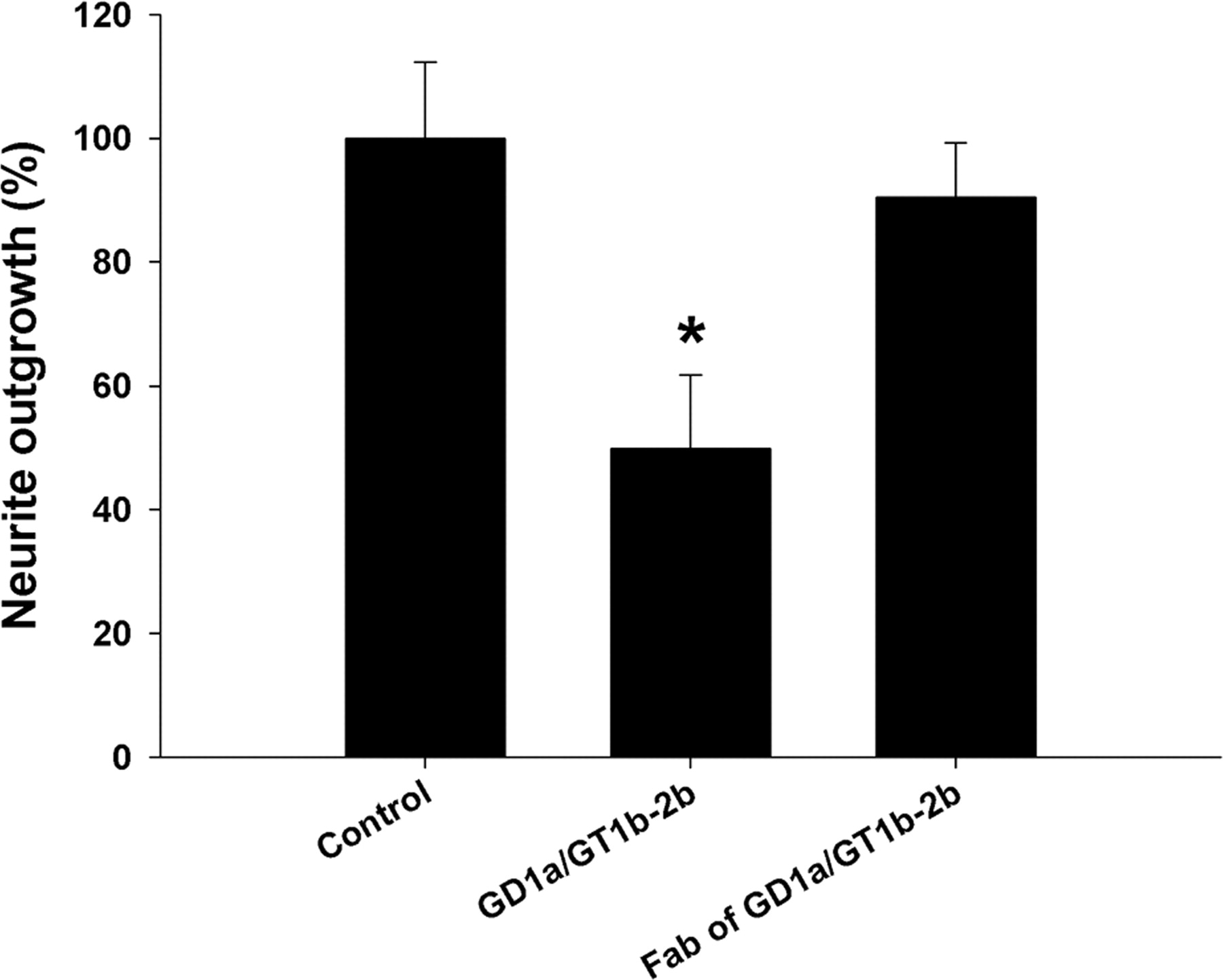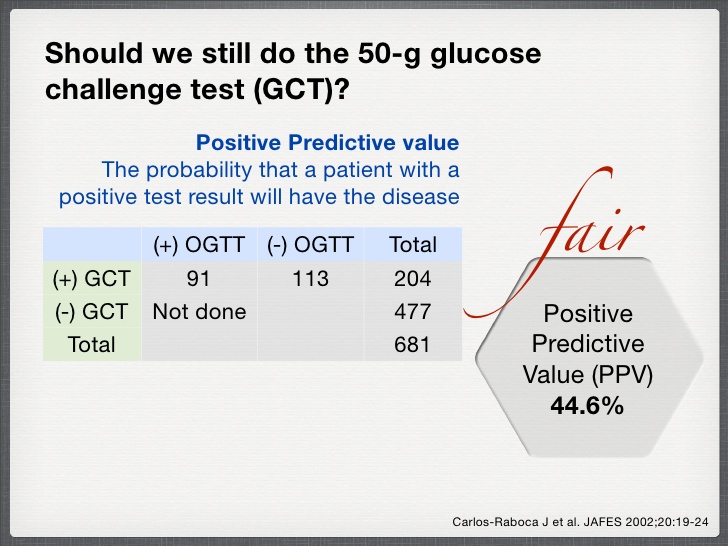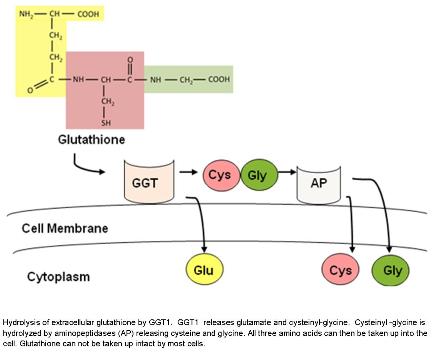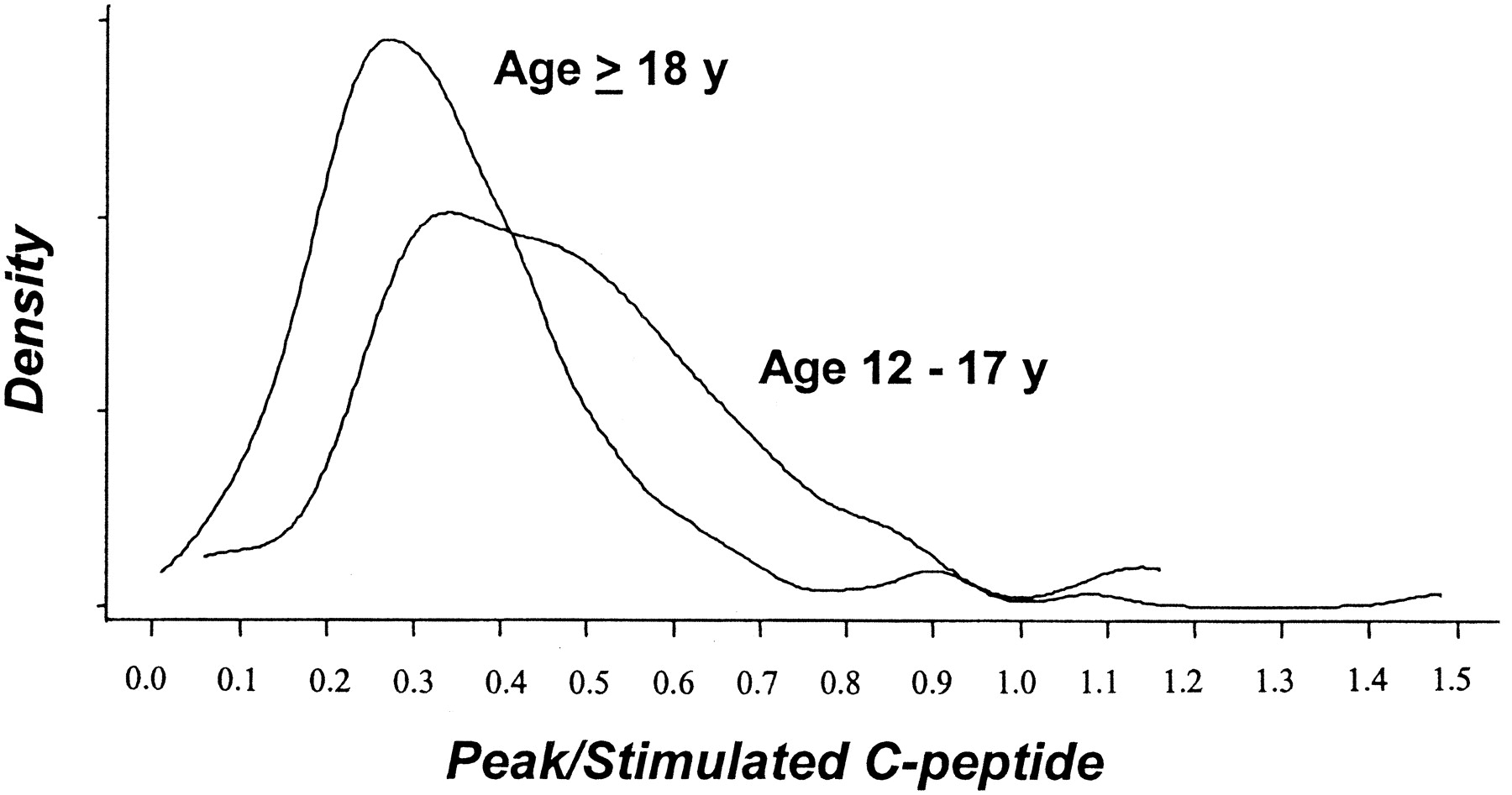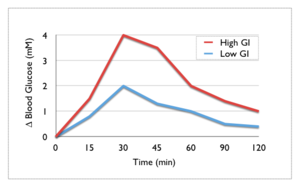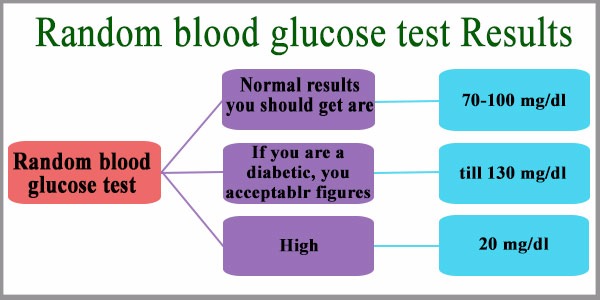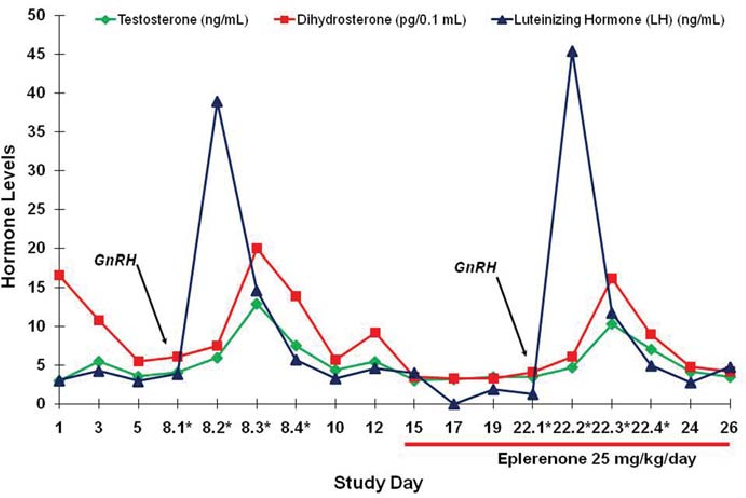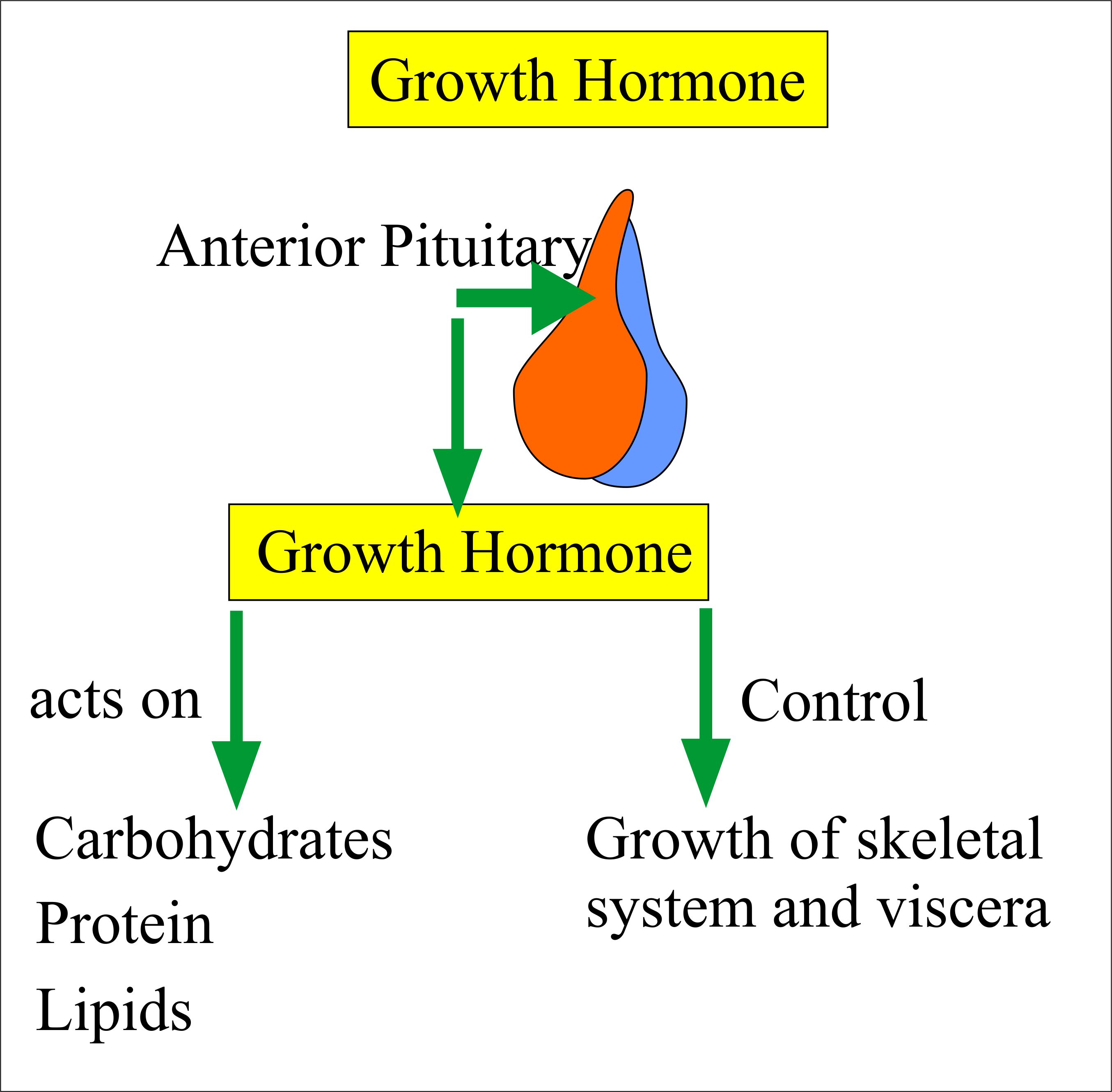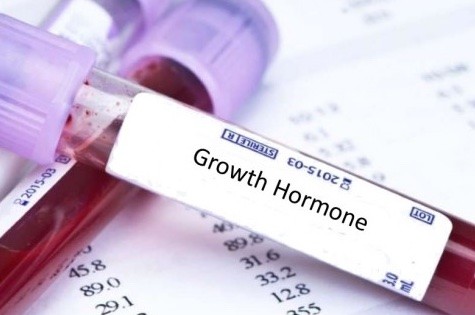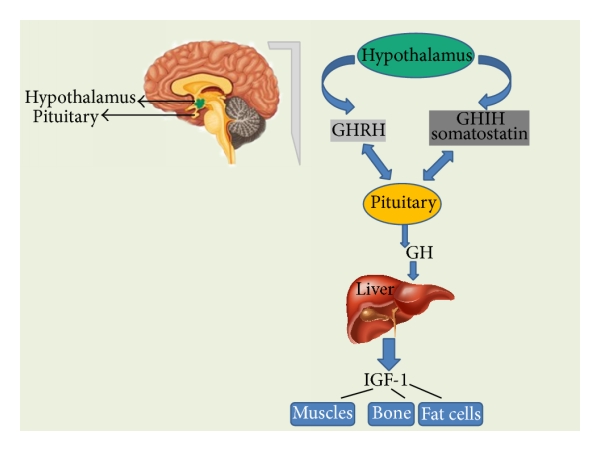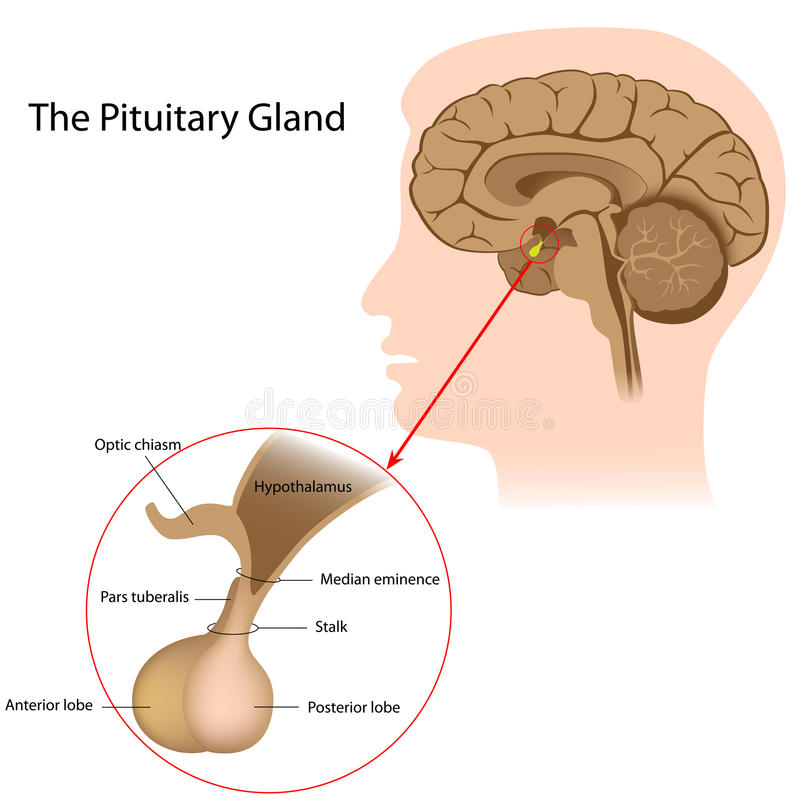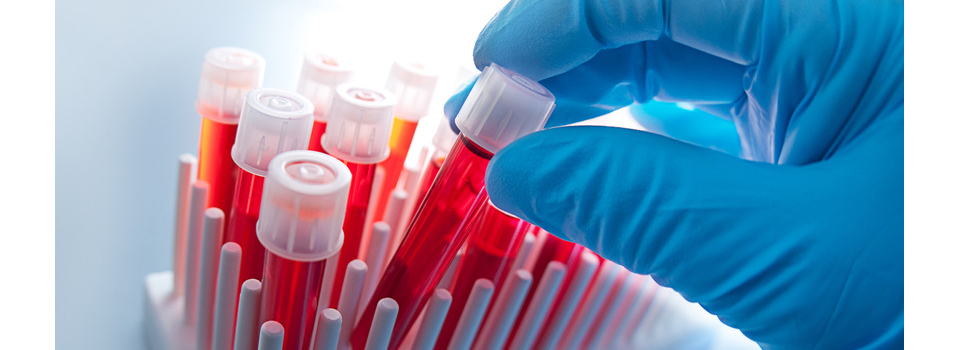Growth hormone promotes development from birth to puberty. It is also essential for the maintenance of metabolism, skeletal muscle, and bone tissue throughout one’s life
The pituitary gland, located at the base of the brain, releases growth hormone in periodic bursts. Most growth hormone is released during deep sleep
They hypothalamus of the brain in turn releases hormones that control growth hormone release by the pituitary gland. Growth hormone-releasing hormone (GH-RH) and growth hormone-inhibiting hormone (GH-IH) stimulate and depress growth hormone secretion, respectively
Growth hormone affects nearly every cell in the body. It causes cells to increase their protein production and their fatty acid metabolism
The growth-inducing effects of growth hormone are important for adaptation to strenuous demands, such as exercise. Growth hormone also stimulates the replenishment of tissues during everyday wear and tear. The hormone is especially important during childhood development
Problems with the pituitary gland or GH-RH may cause growth hormone underproduction. This results in stunted growth, abnormal fat distribution, and difficulty regulating blood sugar
Excessive production of growth hormone, caused by tumors or problems with the regulatory mechanisms, may cause excessive growth. The resulting conditions, though similar, differ depending on the stage in life that a growth hormone overproduction occurred:
Growth hormone overproduction before puberty results in gigantism. This is marked by extreme lengthening of the skeleton, sometimes causing heights in excess of 8 feet
Growth hormone overproduction during adulthood results in acromegaly. Because the bones have already reached their maximum length, acromegaly is marked by bone thickening but not lengthening
The Growth Hormone-Releasing Hormone Blood Test helps measure the levels of growth hormone-releasing hormone in blood. It is used to differentiate between a pituitary tumor and an ectopic secretion of GH-RH
If GH-RH levels are normal, the result of excessive growth hormone is likely a tumor of the pituitary gland that releases growth hormone without the need for stimulation by GH-RH
If GH-RH levels are increased, there may be an ectopic tumor of the hypothalamus that secretes GH-RH


 Contact Us
Contact Us






 Hospitals
Hospitals
 Doctors
Doctors
 Diagnostic
Diagnostic
 Pharmacy
Pharmacy
 Health Tips
Health Tips
 Blog
Blog












